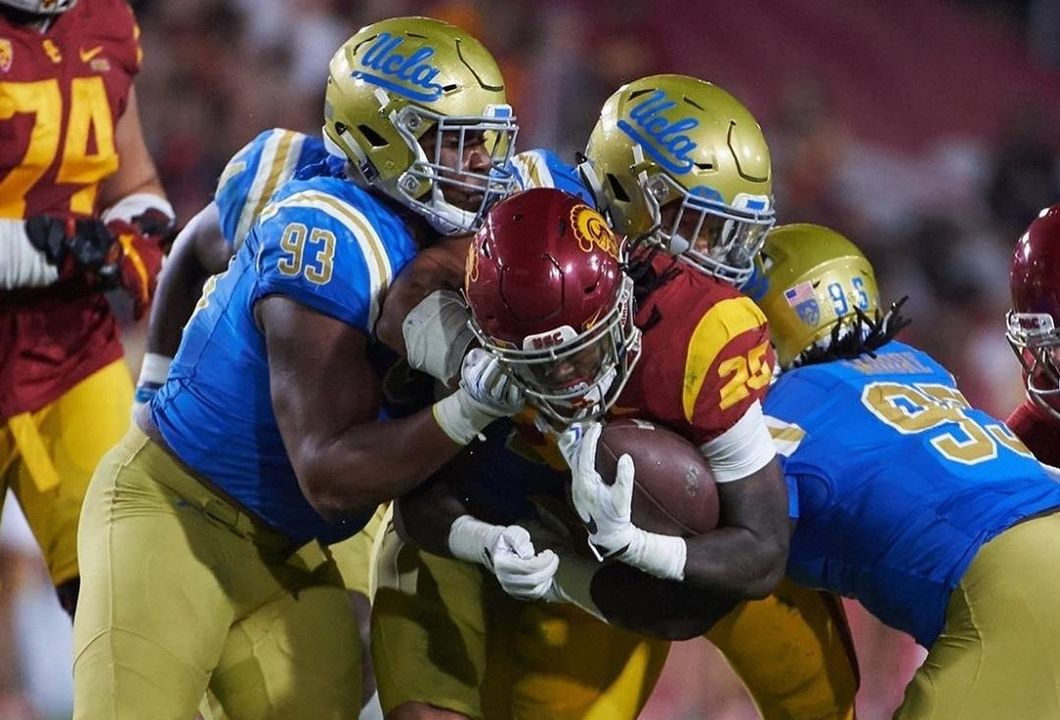The state legislature of California is proposing a bill that would allow its student-athletes to sign endorsement agreements and hire their own agents. The bill was passed by the State Senate one month ago. Bill 206 is now in the Assembly Higher Education Committee. The Higher Education Committee would have to pass the bill by July 11 in order for the bill to remain alive in the legislature. In short, the bill would grant student-athlete compensation for playing collegiate athletics. Should the bill become state law, it could put universities in conflict with NCAA policies.
The NCAA has historically been against compensating student-athletes. NCAA president Mark Emmert has staunchly opposed paying college players and this proposed California bill. Emmert lobbied two of the California Assembly committees to postpone the vote of the bill. The NCAA also stated that should the bill become law, the NCAA would ban California schools from competing in NCAA championships. This would directly affect 23 California Division I schools, including Cal, Stanford, UCLA, and USC- four Pac-12 universities. California could be headed for a true discord with the NCAA.
Bill 206 is the latest dispute in the great debate about paying college athletes. California could make history and controversy that would shake up all of college sports. This new bill could have ripple effects on tournaments, conference realignment, and NCAA revenue streams. Imagine, an entire states worth of universities being prohibited from competing for championships. I do not consider this an empty threat from the NCAA. The NCAA has always been draconian about its policies regarding athlete compensation. The argument has always been, if athletes are paid, they are no longer amateurs, they become professionals. That is a valid argument, but there is more to it. The truth is, the NCAA has exploited its athletes for years.
Two of the NCAA's largest money makers are college basketball and football. Last year's March Madness tournament made a record one billion dollars. This number is accomplished through TV deals, corporate sponsorships, and ticket sales. The money is divided between the universities and conferences participating in the annual tournament. None of the profits goes to the players on the court. College football has also become a business. Money, plain and simple, make the college football world go round. Athletes cannot profit from their name or likeness, sign an agent, and they risk losing scholarships due to injury.
Bill 206 in California would change all of that in the state. There is, however, an inevitable clash with the NCAA and its current policies. It may take some time, but a legal battle may take place in the next few years. For the time being, the bill has to make it out of committee. Then, make its way to a full house vote. It is a long way to becoming law, but it will not stop college sports fans and commentators from analyzing the consequences. The future of college athletics could take on a new form, and it starts in California.

















